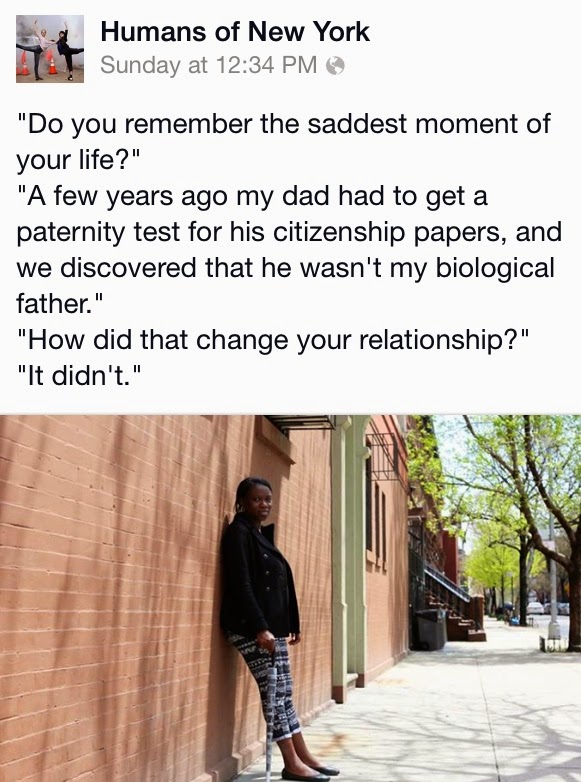Think Twice About Leaving the Sidelines
You might think twice about leaving the sidelines
of love
where you are allowed to dwadle.
I wouldn't enter the real playing field
unless you had no other choice.
But does anyone?
It is inevitable that as humans we will one day "leave the sidelines" and enter the great playing field of a game called Love. It will be in this arena that we experience all the emotions of joy, hurt, beauty, betrayal, triumph, and timelessness. As I read through the exchange of letters between Mary Haskell and Kahlil Gibran, I've come to see that she was a very gifted writer herself. In two personal journal entries less than two weeks apart, I love how she openly expressed the longing that comes with a lit heart-fire as well as common doubt. Common doubt I define as feelings of maybe-I'm-not-good-enough that I'd wager every girl experiences at least once in her life. Mary, being ten years Gibran's senior, struggled with not knowing if Gibran abstained from sex because he needed to (he claimed his Love operated on only a spiritual wavelength) or if it was actually because he did not feel attracted to Mary. (Of note, Gibran eventually would openly discuss his feelings of physical attraction for Mary, but would continue to believe that sex would undermine their relationship for the duration of his life.)
Mary's journal December 20, 1914: " It seems to me that if I were ninety and he eighty, I should still long for the touch of his body. I should live just to have it next to mine."
Mary's journal December 29, 1914: "K whispered, 'I just wish that I could show you how sweet the thought of you is to me, and how I love You.' As he said this, he looked at me. I was gray and lined and old-looking."
You might think twice about leaving the sidelines
of love
where you are allowed to dwadle.
I wouldn't enter the real playing field
unless you had no other choice.
But does anyone?
It is inevitable that as humans we will one day "leave the sidelines" and enter the great playing field of a game called Love. It will be in this arena that we experience all the emotions of joy, hurt, beauty, betrayal, triumph, and timelessness. As I read through the exchange of letters between Mary Haskell and Kahlil Gibran, I've come to see that she was a very gifted writer herself. In two personal journal entries less than two weeks apart, I love how she openly expressed the longing that comes with a lit heart-fire as well as common doubt. Common doubt I define as feelings of maybe-I'm-not-good-enough that I'd wager every girl experiences at least once in her life. Mary, being ten years Gibran's senior, struggled with not knowing if Gibran abstained from sex because he needed to (he claimed his Love operated on only a spiritual wavelength) or if it was actually because he did not feel attracted to Mary. (Of note, Gibran eventually would openly discuss his feelings of physical attraction for Mary, but would continue to believe that sex would undermine their relationship for the duration of his life.)
Mary's journal December 20, 1914: " It seems to me that if I were ninety and he eighty, I should still long for the touch of his body. I should live just to have it next to mine."
Mary's journal December 29, 1914: "K whispered, 'I just wish that I could show you how sweet the thought of you is to me, and how I love You.' As he said this, he looked at me. I was gray and lined and old-looking."
Just a Kiss (2011), Lady Antebullum















